Churches versus state to save faith school rights
An alliance of spiritual leaders says religious education is under threat under proposed anti-discrimination reforms.
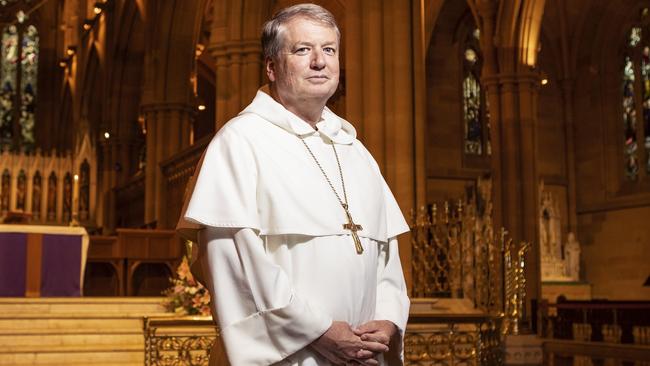
An alliance of the nation’s most senior spiritual leaders is warning the future of religious education is under threat and that their schools will not be allowed to choose teachers who share the same faith under proposed anti-discrimination reforms.
The group – including more than 30 leaders from the Christian, Jewish and Islamic faiths – wrote a letter to Attorney-General Mark Dreyfus on Monday sounding the alarm on a controversial reform proposal put forward in late January by the powerful Australian Law Reform Commission.
Under the ALRC plan, principals would be barred from preferencing the employment of teachers with the same beliefs and spiritual outlook as the educational institution.
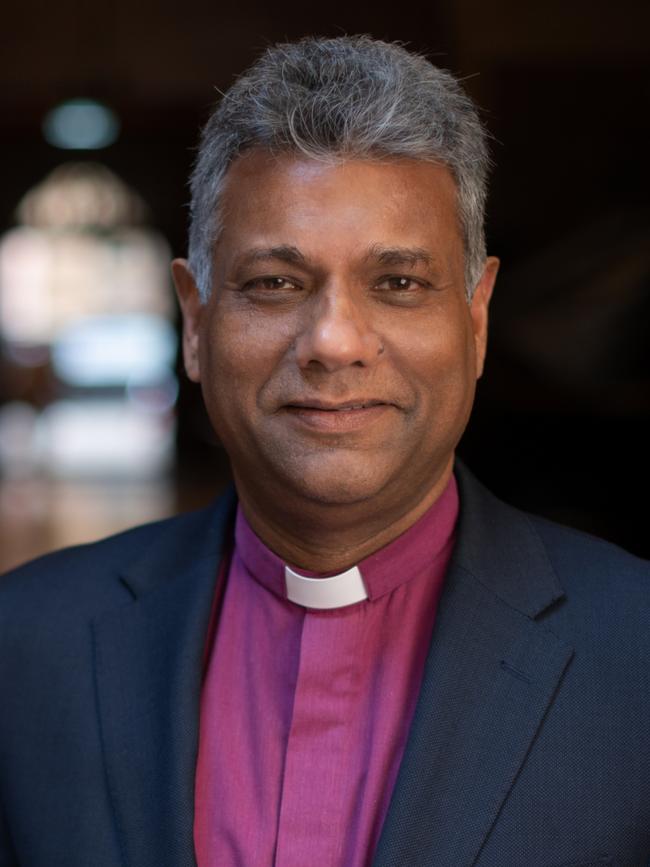
In their letter, religious leaders warned the new limits on religious schools were “neither expressly nor impliedly called for in the (government’s) terms of reference” and that faith-based teachers were now at risk of being betrayed by a failure of process.
They said that, under the plan, schools would be forced to hire teachers who “may not share or support the religious beliefs of the organisation” and whose employment could only be terminated when they “actively undermine” the religious ethos of the school.
The ALRC consultation paper proposed that religious educators could only “continue to give preference to prospective staff on religious grounds where the teaching, observance, or practice of religion is, genuinely, a part of the role”. For all other teaching roles – including essential subjects such as maths, science, history and English – it would be unlawful for schools to preference the employment of teachers who shared or were willing to commit to supporting the religious beliefs of the school.
The faith leaders warned Mr Dreyfus that, if the ALRC proposal were implemented, it would “introduce a new test into employment law, whose application and meaning are far from certain”.
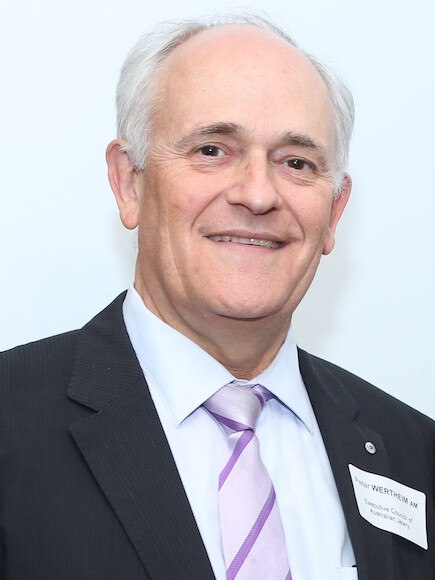
“In any given case, the onus would be on the school to prove that it satisfied the test,” the letter said. “This would greatly expand the scope for future litigation, and would thus have a deterrent effect on any religious school contemplating engaging a candidate for employment who professes the same religion as the school, in preference to other candidates.”
Some of the signatories to the letter, obtained by The Australian, include: the Catholic Archbishop of Sydney, Anthony Fisher; the Catholic Archbishop of Melbourne, Peter Comensoli; the Archbishop of the Anglican Diocese of Sydney, Kanishka Raffel; Australian National Imams Council president Shadi Alsuleiman; Islamic Schools Association of Australia chair Abdullah Khan; Executive Council of Australian Jewry co-chief executive Peter Wertheim; Moderator-General of the Presbyterian Church of Australia, Peter Barnes; Australian Christian Lobby managing director Martyn Iles; and Archbishop Makarios Griniezakis from the Greek Orthodox Church.
Mr Dreyfus asked the ALRC in November to examine the way commonwealth anti-discrimination law applied to religious schools to ensure students and teachers could not be discriminated against on the basis of their sexual orientation or gender identity.
The treatment of gay students and teachers by religious schools was the key point of contention which helped to kill off the Morrison government’s religious discrimination legislation in early 2022. During the debate, five Liberal MPs crossed the floor to vote against the government in support of greater protections for transgender students and Scott Morrison was forced to withdraw his legislation.
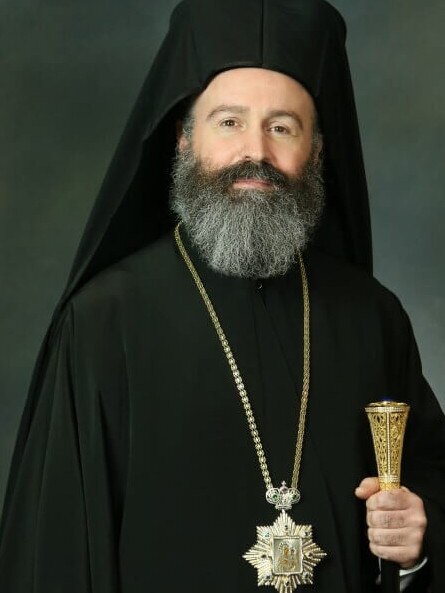
The ALRC report is a stepping stone to the development and introduction of religious discrimination legislation providing protections for faith groups and individuals. Mr Dreyfus is scheduled to receive a final report from the ALRC by April 21 and has made no decision on the proposals in the consultation paper released in late January.
“The Attorney-General commissioned this ALRC inquiry as a crucial first step towards implementing the Albanese government’s commitment to extending anti-discrimination protections to more Australians, including to people of faith and to staff and students in religious schools,” a spokesman for Mr Dreyfus said.
“The ALRC is an independent agency. It is now conducting its inquiry and has not finalised its advice to government. When that advice is provided, the government will consider its response.”
The faith leaders warned in their letter that the ALRC reform proposals could not be accepted in their current form and represented a “major blow to authentic faith-based education”.
“We are doubtful that the ALRC process can reach any balanced outcomes, as contemplated by the terms of reference, by starting with these proposals,” they said.
The letter warned the changes would undermine the ability of parents to chose an education in line with their religious convictions. “Despite paying lip service to the importance of all human rights, and rejecting any notion of a hierarchy of rights, the ALRC proposals would place unnecessary and unreasonable restrictions on the freedom of religious schools to give effect to the international human right of parents and guardians to ensure the religious and moral education of their children in conformity with their own convictions,” it warned. “We call on the government to ensure the ALRC properly addresses the terms of reference ... through a genuine consultation with input from religious leaders and religious education experts, parents (and) secular experts.”
The ALRC consultation paper argued that its proposal “would not significantly undermine the ability of religious schools to maintain their religious ethos”.



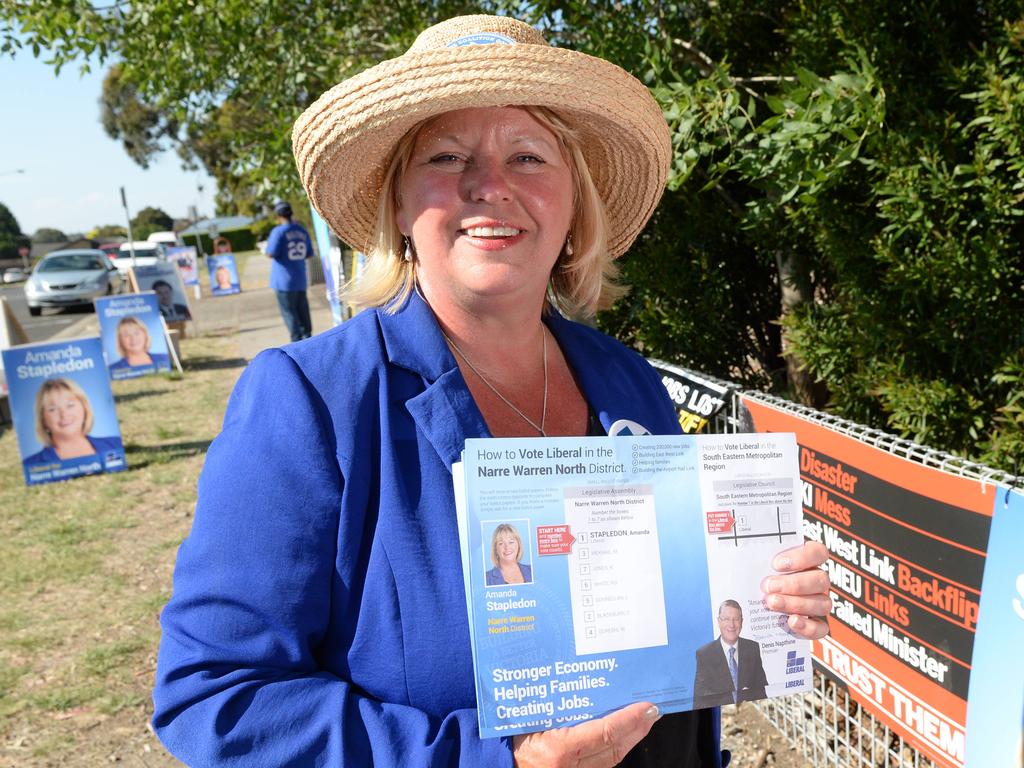



To join the conversation, please log in. Don't have an account? Register
Join the conversation, you are commenting as Logout